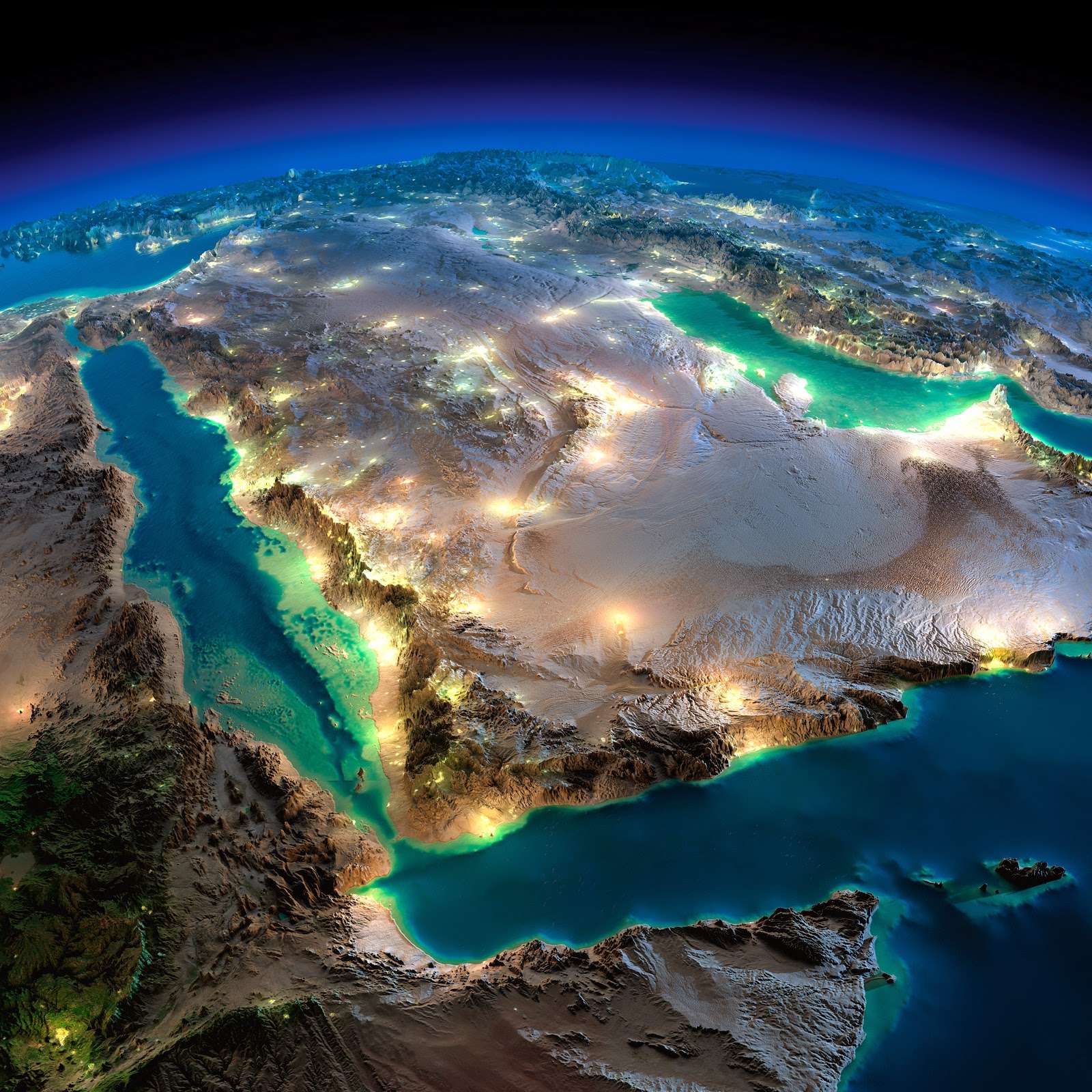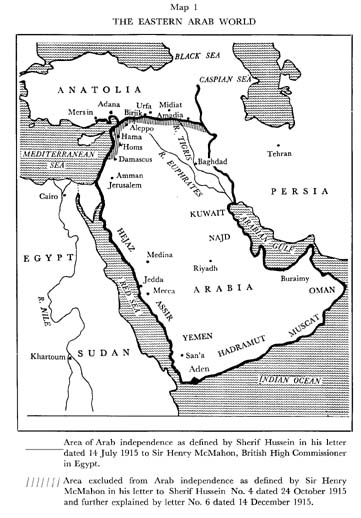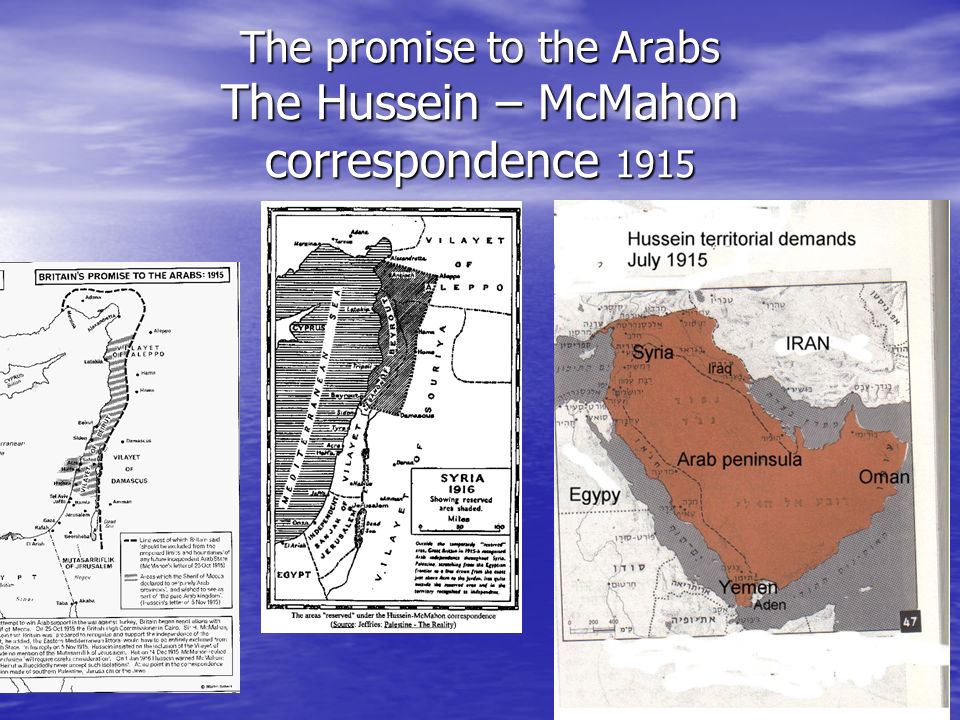Al-Andalus
BANNED

- Joined
- Sep 7, 2016
- Messages
- 456
- Reaction score
- 1
- Country
- Location
Just looked at the map for Arab league. Odd that it has countries like Djibouti and Somalia which have a majority of non-Arab speakers. Anyways that's off-topic.
It is indeed off-topic, however I will reply to your post nevertheless.
Djibouti is a small Horn of Africa country that borders the Red Sea. With a population numbering some 850.000 people. You are actually wrong as Arabic is an official language of Djibouti along with French. There are no other official languages than those two.
However the locals in Djibouti are mostly Somali and Afar. Arabs contribute about 5-10% of the population. Moreover there have been long-standing Arab migrations and ties to that part of Horn of Africa and Horn of Africa/East Africa in general. As well as the Sahel which is why you can even find Arab minorities as far Southwest as Nigeria or why Chad's second largest ethnic group are Arabs.
Same story with Somalia. The two only official languages of Somalia are Somali and Arabic. Somalia too is home to a significant Arab minority and many Somalians have Arab ancestry. Several Arab dynasties ruled modern-day Somalia and Djibouti. Arab presence in Horn of Africa is also almost 3 millennia old in fact. Arabic was and remains the language of business, learning and the liturgic language of Islam in those two countries. So I guess those are the reasons for them being a part of the Arab League. Another more exotic example is the Comoros which is a island nation in the Southern Indian Ocean that Arabs first discovered and settled. The locals are a mixture of Arabs and local Africans from mainly the Swahili (itself an Arabic name) coast which itself has an ancient connection to the Arab world. The Omani Empire had a very long presence in that part of Africa. For instance Zanzibar was owned by Oman until 1964.

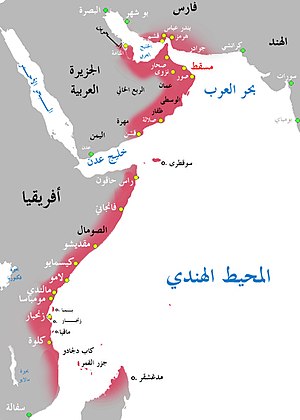
There once were an Chinese Arabist on PDF ( @Wholegrain ) who had an extensive knowledge about the Arab world and Arabs.
He created this informative thread that contains at least 50 references to books and articles.
https://defence.pk/threads/arabs-in-sub-saharan-africa.285301/
Anyway here is the former Royal Omani residence and palace complex of the Sultan on Zanzibar:

the sultans palace by _pollux, on Flickr
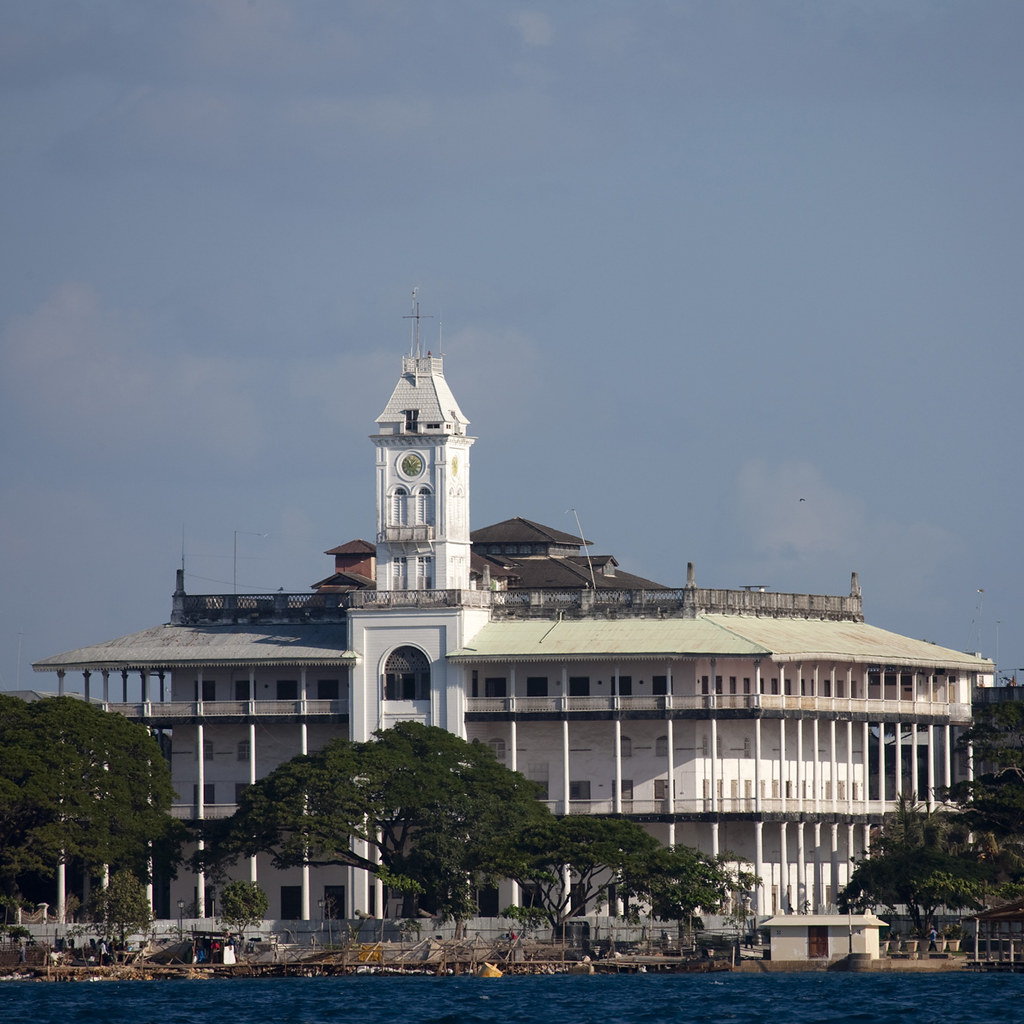
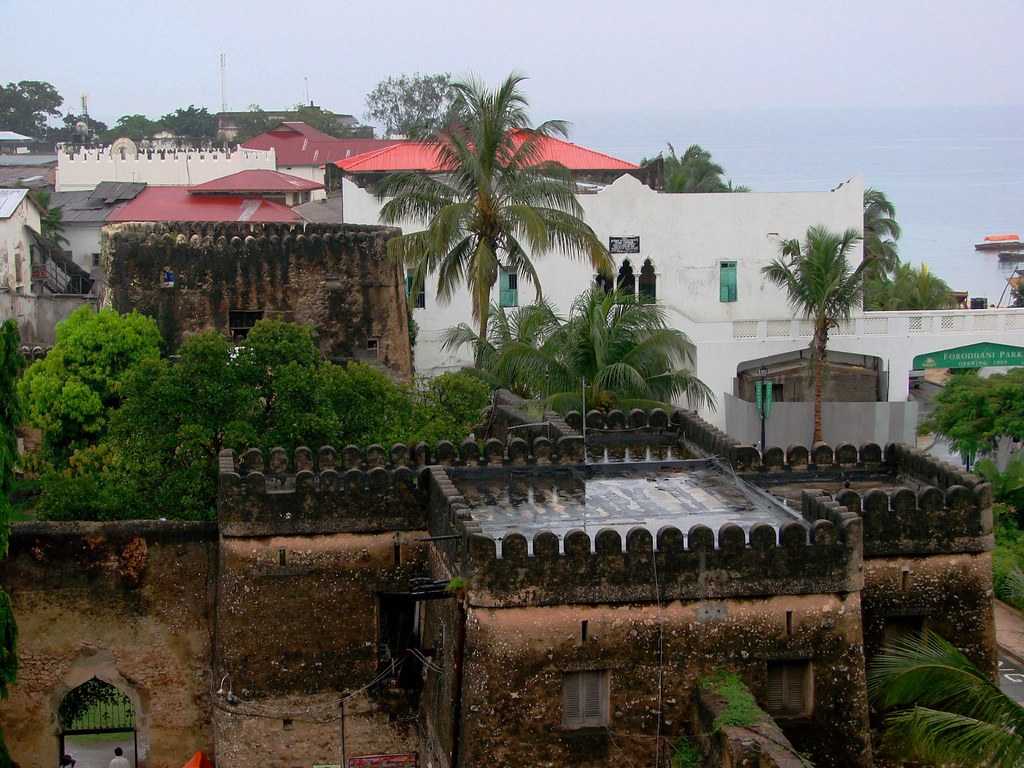

Stone Town from Beit el-Ajaib by khowaga1, on Flickr
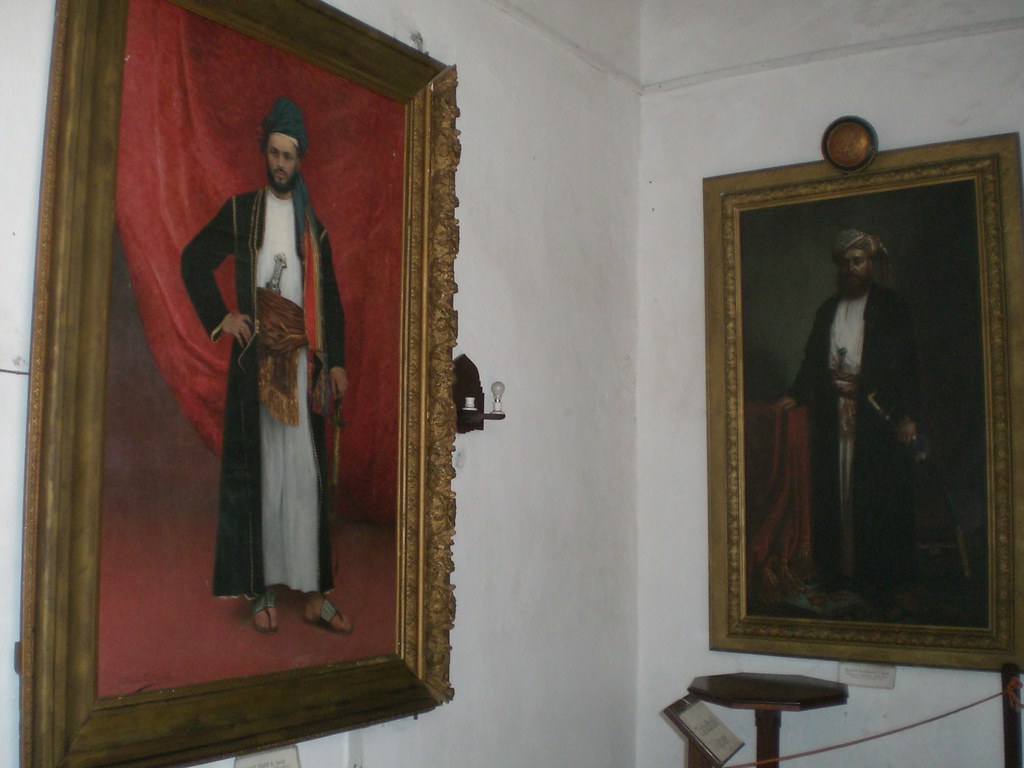
The Stone Town of Zanzibar was founded by Arabs and is today a World UNESCO Heritage Site.
https://en.wikipedia.org/wiki/Stone_Town
The current Omani Royal dynasty in power has intermarried with locals from Swahili. The current Omani Sultan (the only remaining sovereign reigning Sultan in the world) is a descendent.
Another "curiosity" is the fact that most of our Afro-Arabs are originally from Horn of Africa (Habesha people mainly) and the Swahili coastline. So I am actually content about the addition of those 2 countries that you have mentioned as there are plenty of reasons for them being a part of the Arab League. I believe that Eritrea and Chad should join in the future due to even much larger Arab minorities and similar close historical ties. I for once consider everyone, regardless of what their ancestry might be, for an Arab if they identify as one. I mean how otherwise should I treat for instance 10% of the Saudi Arabian population who happens to be Afro-Arabs? As lesser Arabs because they are not full-blooded, whatever that means? There is no such thing in the first place as we are all mixed especially in the Arab world which is literally the center of the planet.
Besides, some Afro-Arab girls are seriously good-looking. Another plus, if you ask me. Google Habesha girls, you likely won't regret it.

Feel free to ask further questions. I will try to answer them as best as I can. Maybe other Arabs (a dying breed here) will answer as well. I am currently bed-ridden (thanks to European autumn weather) so I have plenty of time.
EDIT: Gwadar was formally owned by Oman until 1958. Anyway Oman and Southern Pakistan (Sindh, Baluchistan) have had historically very close ties. Dating back to ancient times (the time of Magan and IVC). As did much of geographic Arabia from Southern Iraq (Sumer), Dilmun, Gerha etc. (in Eastern Arabia) down to Magan in Oman. No wonder that this close relationship continues to this day in the form of migration and other ties. Although today it is a one-way highway however that was not the case previously.
https://en.wikipedia.org/wiki/Eastern_Arabia#History
Last edited:


